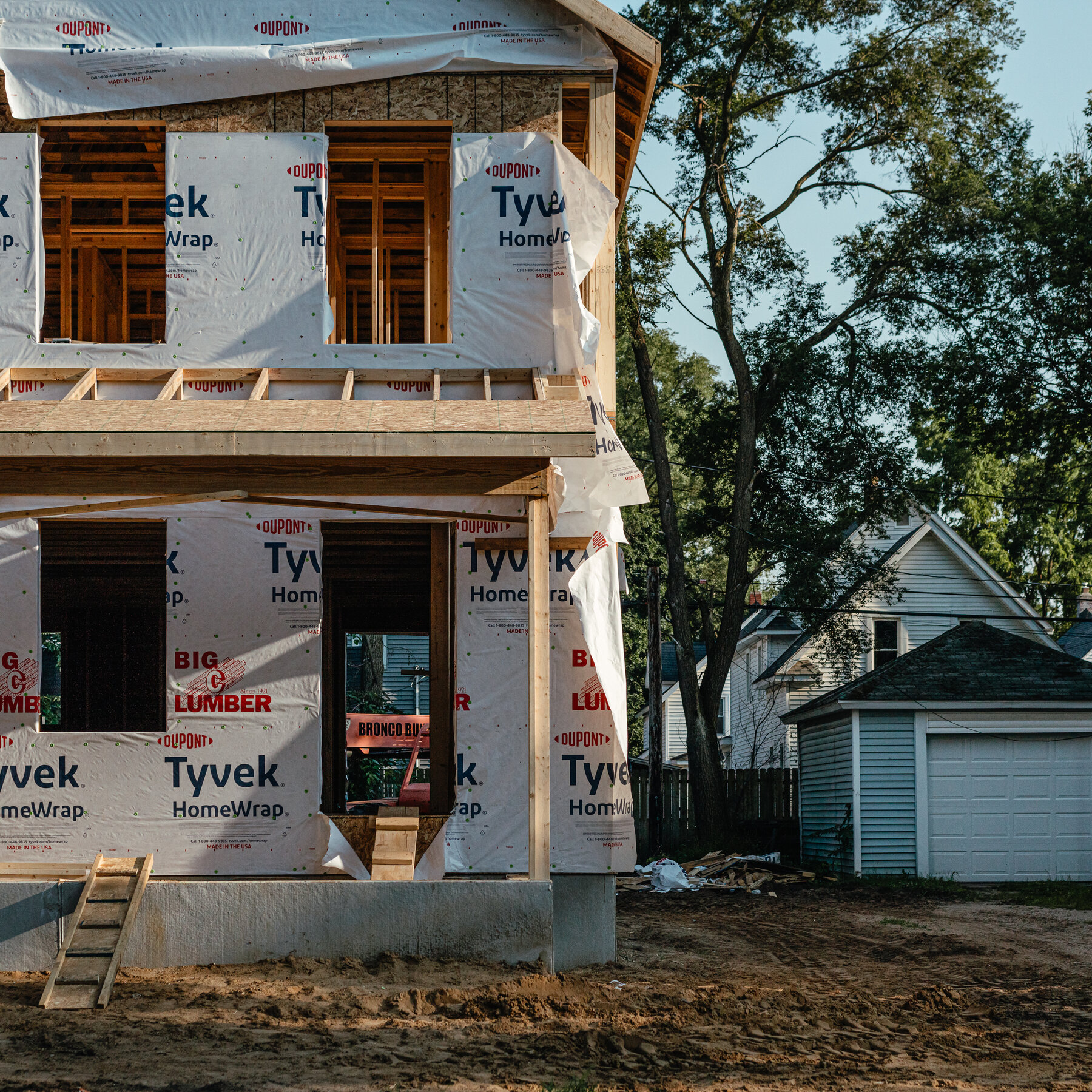Thousands of Germans were held in camps in Britain after the war – and local women who ‘fraternised’ with them scandalised the nation. Could one of these illicit relationships explain the puzzle at the heart of my family tree?
In the summer of 1947, it would have taken Gwen Chandler just 15 minutes to cycle home from the textile factory in Bletchley where she worked as a machinist. Her route went east out of town, straight past the county cinema and up the hill into the Buckinghamshire village of Little Brickhill, where she lived at 9 Watling Street with her mum, Lottie, her aunt, uncle and grandparents.
It’s easy to imagine Gwen pausing in the heart of the village and glancing apprehensively to her right down the tree-lined drive to the large manor house there. Requisitioned during the second world war, it was home to 105 German prisoners. Held captive since Hitler’s defeat, these men – along with hundreds of thousands of their compatriots scattered across Britain in dozens of prison camps – were put to work in the fields, brick factories, construction sites and gasworks.
Continue reading… Thousands of Germans were held in camps in Britain after the war – and local women who ‘fraternised’ with them scandalised the nation. Could one of these illicit relationships explain the puzzle at the heart of my family tree?In the summer of 1947, it would have taken Gwen Chandler just 15 minutes to cycle home from the textile factory in Bletchley where she worked as a machinist. Her route went east out of town, straight past the county cinema and up the hill into the Buckinghamshire village of Little Brickhill, where she lived at 9 Watling Street with her mum, Lottie, her aunt, uncle and grandparents.It’s easy to imagine Gwen pausing in the heart of the village and glancing apprehensively to her right down the tree-lined drive to the large manor house there. Requisitioned during the second world war, it was home to 105 German prisoners. Held captive since Hitler’s defeat, these men – along with hundreds of thousands of their compatriots scattered across Britain in dozens of prison camps – were put to work in the fields, brick factories, construction sites and gasworks. Continue reading… Family, Life and style, Genealogy, Second world war







